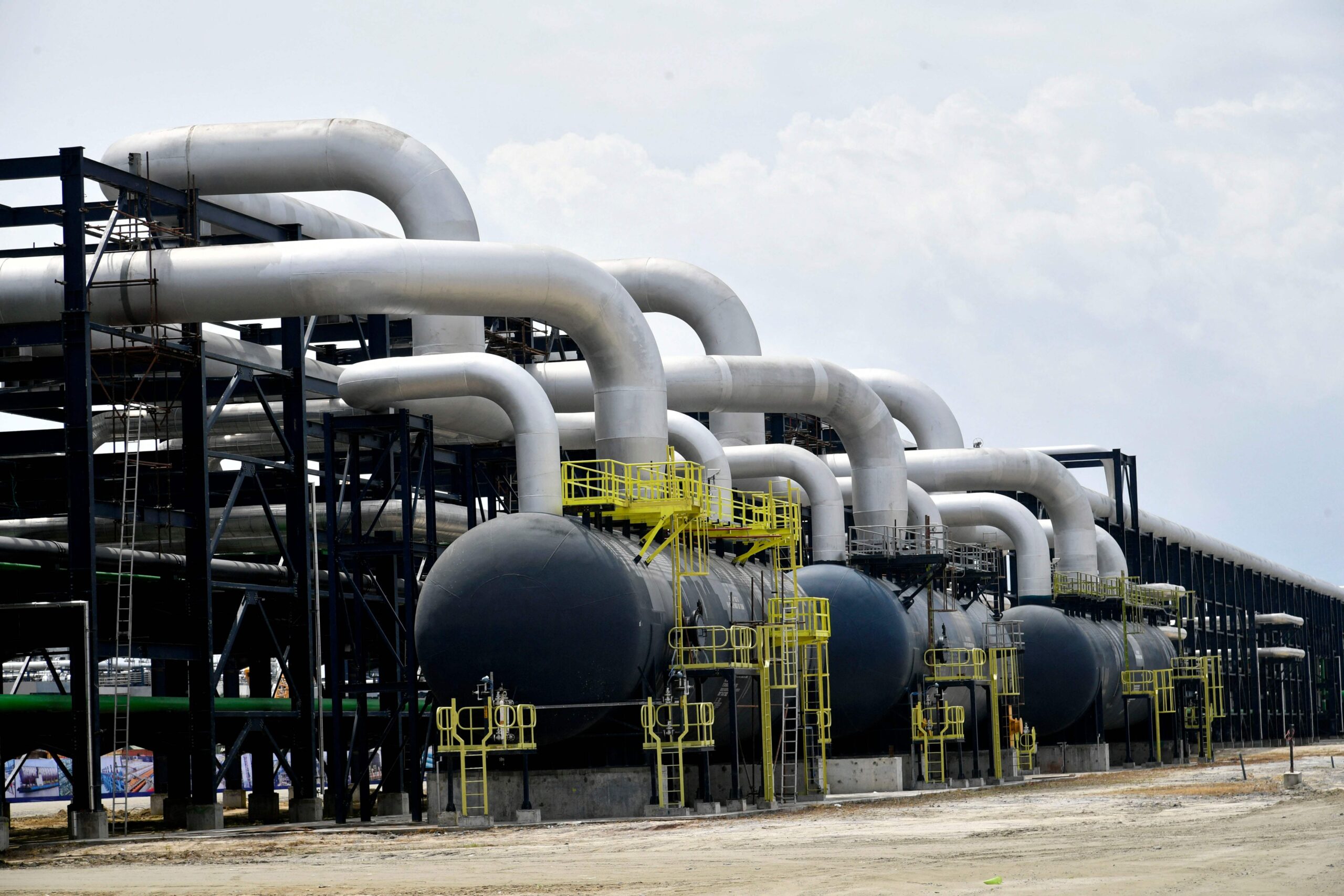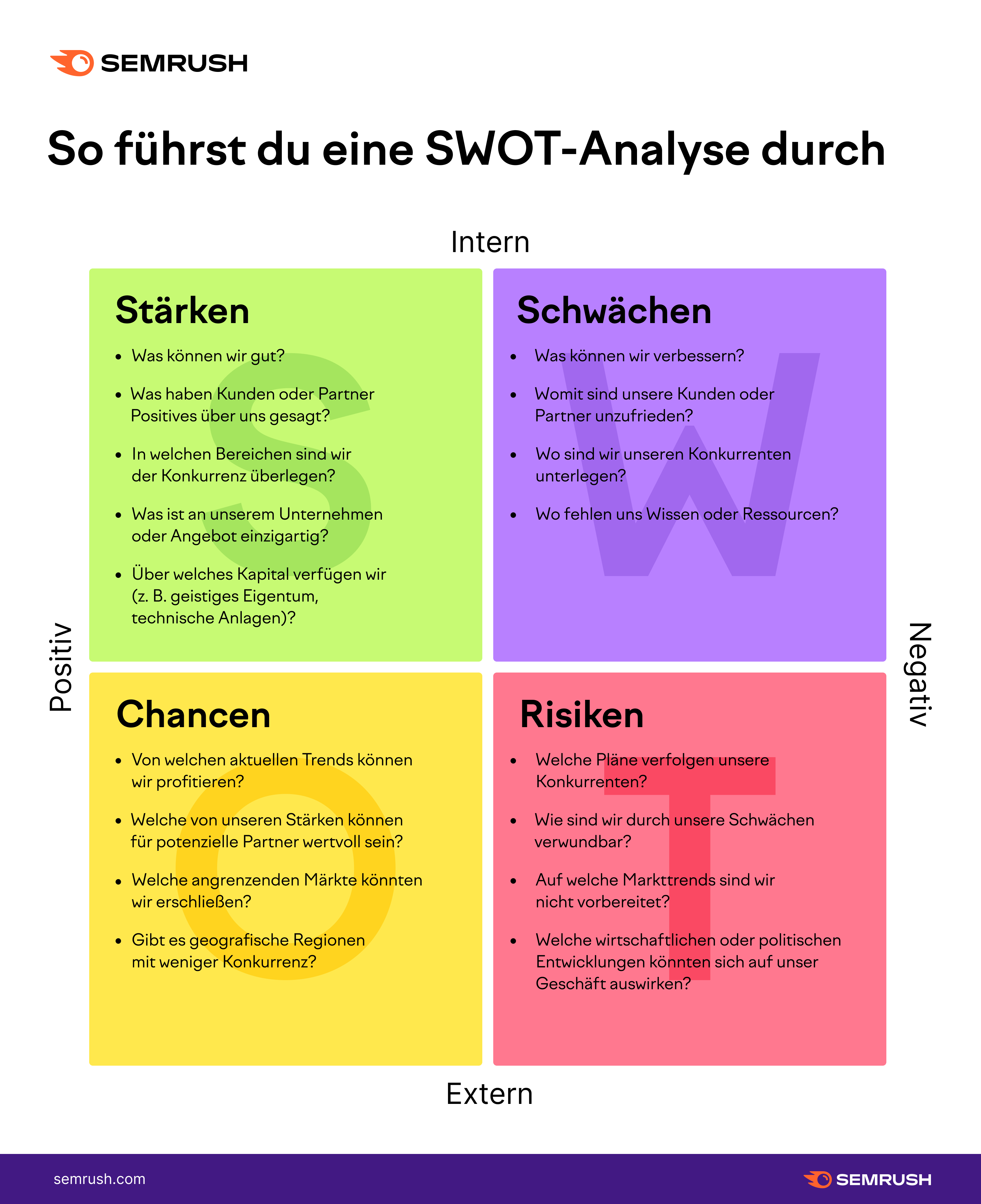Dangote Refinery And NNPC: A New Era For Petrol Prices In Nigeria?

Table of Contents
The Dangote Refinery: A Game Changer?
The Dangote Refinery, touted as Africa's largest, represents a significant leap forward for Nigeria's petroleum refining sector. Its massive capacity and advanced technology promise to revolutionize the country's fuel landscape.
-
Refinery Capacity and Production: With a capacity of 650,000 barrels per day, the refinery has the potential to meet almost all of Nigeria's domestic fuel demand, significantly reducing reliance on imports. It's designed to produce a range of petroleum products, including gasoline (petrol), diesel, kerosene, and jet fuel. This diversification is crucial for stabilizing the fuel market.
-
Technological Advancements and Efficiency: The refinery boasts state-of-the-art technology, leading to increased efficiency and reduced operational costs. This technological edge is expected to translate to lower production costs and potentially lower petrol prices for consumers.
-
Reduced Fuel Imports: Currently, Nigeria imports a substantial portion of its fuel needs, resulting in high costs and vulnerability to global price fluctuations. The Dangote Refinery aims to significantly curtail these imports, bolstering energy security and potentially stabilizing petrol prices.
-
Economic Benefits: The refinery's impact extends beyond lower petrol prices. It's projected to create thousands of direct and indirect jobs, boosting economic growth and contributing significantly to Nigeria's GDP.
NNPC's Role in the New Fuel Landscape
The Nigerian National Petroleum Corporation (NNPC) has traditionally played a dominant role in fuel importation and distribution in Nigeria. With the Dangote Refinery operational, this role is expected to shift.
-
Shifting Market Dynamics: NNPC's current market share could be affected by the increased competition from the private sector. This competition could spur greater efficiency and potentially drive down petrol prices further.
-
Potential Collaboration and Partnerships: Instead of solely competing, NNPC could collaborate with the Dangote Refinery, creating joint ventures and partnerships to optimize the distribution network and ensure seamless fuel supply. This collaboration could leverage the strengths of both entities.
-
Price Regulation and Competition: The NNPC's role in price regulation will be crucial. Striking a balance between ensuring fair prices for consumers and maintaining a profitable environment for both the NNPC and the Dangote Refinery will be vital.
-
Impact on NNPC's Financial Performance: NNPC's financial performance will likely be impacted by reduced fuel import costs and increased competition. The adaptation of NNPC's role will be crucial for its long-term success within the evolving market landscape.
Potential Impact on Petrol Prices in Nigeria
The primary hope surrounding the Dangote Refinery is a substantial reduction in petrol prices.
-
Projected Price Reductions: While precise price reductions are difficult to predict due to external factors, the increased local production and reduced import dependency should contribute to lower prices.
-
Impact on Inflation and Consumer Spending: Lower petrol prices will likely reduce inflationary pressures and boost consumer spending, positively impacting the Nigerian economy.
-
Increased Competition among Fuel Retailers: The increased supply of refined petroleum products should lead to greater competition among fuel retailers, further driving down prices for consumers.
-
Long-Term Sustainability: The long-term sustainability of lower petrol prices will depend on several factors, including efficient refinery operations, stable crude oil prices, and a fair regulatory environment.
Challenges and Uncertainties
Despite the potential benefits, several challenges and uncertainties need addressing.
-
Operational Challenges: Maintaining the refinery's operations at optimal capacity, ensuring consistent product quality, and managing potential technical issues are crucial.
-
Infrastructure Limitations: Adequate infrastructure, including pipelines and storage facilities, is essential to efficiently distribute the refined products across the country.
-
Regulatory Hurdles: Navigating the regulatory landscape and ensuring compliance with environmental and safety standards will be vital for smooth operations.
-
Price Volatility and Geopolitical Factors: Global crude oil price volatility and geopolitical factors remain outside the direct control of the refinery, potentially influencing petrol prices in Nigeria. Over-reliance on a single refinery also presents a risk. Diversification of fuel sources remains a critical long-term strategy.
Conclusion: Dangote Refinery and NNPC: A New Era for Petrol Prices?
The Dangote Refinery holds immense potential for transforming Nigeria's fuel sector. The projected increase in local production, coupled with a potentially redefined role for NNPC, could lead to significant petrol price reductions and positive economic ripple effects. However, challenges related to refinery operations, infrastructure, regulation, and global market dynamics must be proactively addressed. Staying informed about the developments surrounding the Dangote Refinery and its interaction with NNPC is crucial for understanding the future of petrol prices and the Nigerian economy. The impact on petrol price reduction will be keenly observed as Nigeria embarks on this new chapter in its petroleum industry.

Featured Posts
-
 Brekelmans Wil India Aan Zijn Zijde Houden Een Analyse Van De Strategie
May 09, 2025
Brekelmans Wil India Aan Zijn Zijde Houden Een Analyse Van De Strategie
May 09, 2025 -
 4 New Randall Flagg Theories To Reshape Your Understanding Of Stephen Kings Universe
May 09, 2025
4 New Randall Flagg Theories To Reshape Your Understanding Of Stephen Kings Universe
May 09, 2025 -
 Analysis Of Pam Bondis Comments Regarding The Killing Of American Citizens
May 09, 2025
Analysis Of Pam Bondis Comments Regarding The Killing Of American Citizens
May 09, 2025 -
 Rupiahs Weakness Triggers Largest Drop In Indonesias Reserves In Years
May 09, 2025
Rupiahs Weakness Triggers Largest Drop In Indonesias Reserves In Years
May 09, 2025 -
 Donner Ses Cheveux A Dijon Un Geste Solidaire
May 09, 2025
Donner Ses Cheveux A Dijon Un Geste Solidaire
May 09, 2025
